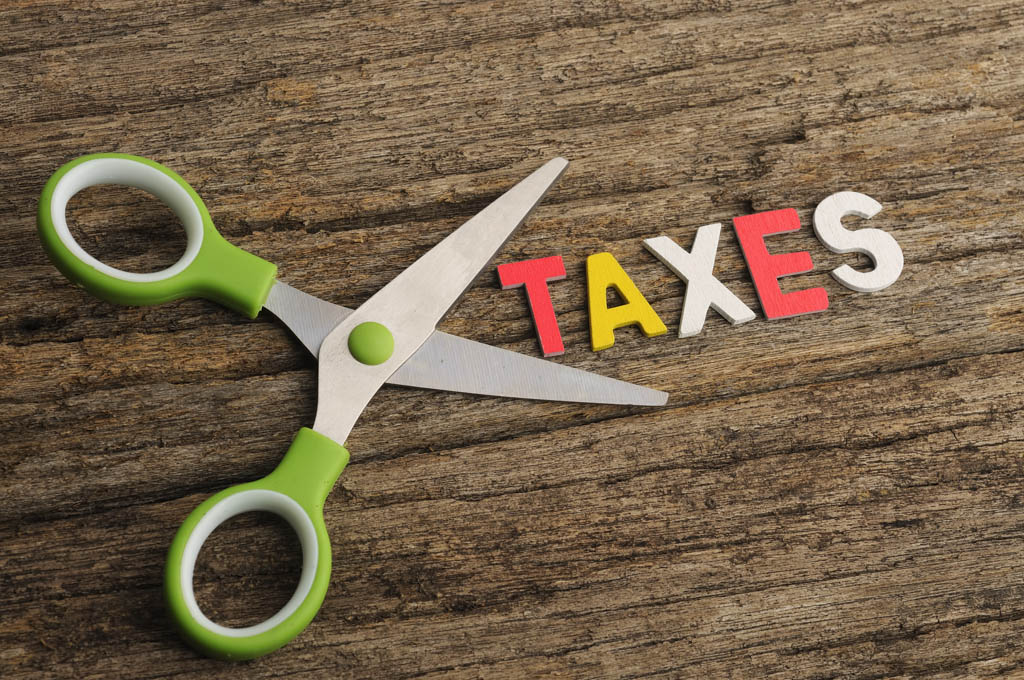Reform proposals may hurt middle-class homeowners, research indicates.
By Jesse Darland
CTW Features
Tax reform is a popular topic these days, with many expecting Congress to pass some sort of package that lowers tax bills for Americans across the board.
However, new estimates from the National Association of Realtors show that, under some proposals currently circulating in Washington, middle-income homeowners may actually see their taxes increase.
The study, “Impact of Tax Reform Options on Owner-Occupied Housing,” took a look a the potential effects of a tax plan based on the “Better Way for Tax Reform” or “Blueprint” proposal released last year, as well as the tax reform outline that the White House released in April.
Under these proposals, most individuals will see a tax decrease, but middle-class homeowners could experience a net rise in taxes due to changes in how certain deductions are calculated. Homeowners with adjusted gross incomes between $50,000 and $200,000 would see their taxes rise by an average of $815.
The study also estimates that combined tax savings from claiming the mortgage interest deduction and real estate property tax deductions would drop 82 percent between the 2018 and 2027 period.
“Tax reform and lower rates are worthy goals, but only if we can achieve them in a fiscally responsible way,” said National Association of Realtors president William E. Brown, a realtor from Alamo, Calif., and founder of Investment Properties. “Balancing tax reform on the backs of homeowners isn’t an option.”
Although the study didn’t directly analyze the “Better Way for Tax Reform” plan or the recent White House outline, it examined a proposal that had many similar elements.
Several of the different reforms under discussion in Washington would work in concert to create the tax increases. The mortgage interest deduction, which many homeowners rely on, would be eliminated, as would several other itemized deductions and personal exemptions.
Eliminating deductions for state and local tax payments could also result in higher federal income taxes.
The report also found that reforms similar to those being discussed in Washington could cause home values to fall by an average of more than 10 percent in the near term. In areas with higher property taxes or state income taxes, the drop could be even greater.
© CTW Features

